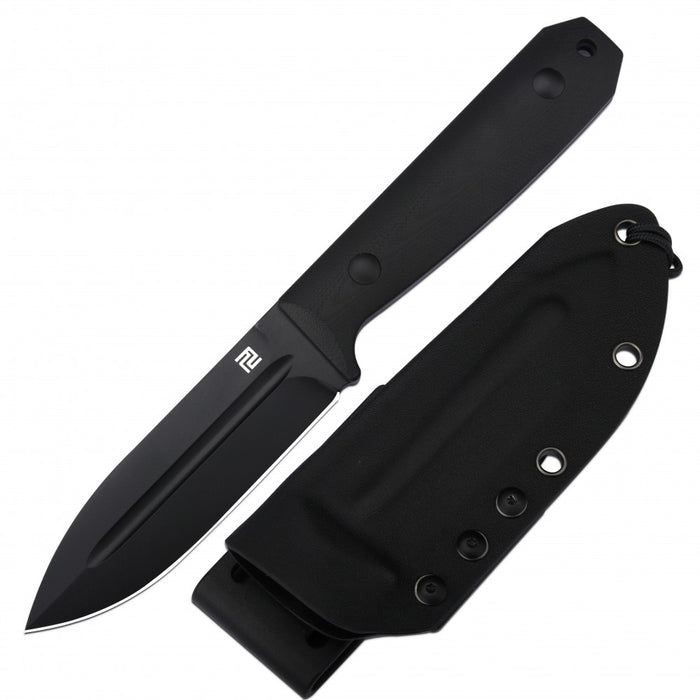Cutting Edge Innovations: Advancements in Fixed Blade Knife Technology for Industry None
Body
Fixed blade knives have been an essential tool for various industries for centuries. From hunting and survival to military and outdoor activities, these knives have evolved over time to meet the demands of different applications. In this article, we will explore the cutting edge innovations and advancements in fixed blade knife technology for industry Brian Pike.

The Evolution of Fixed Blade Knives
Fixed blade knives have come a long way since their inception. Initially, they were simple tools made from stone, bone, or wood. However, with advancements in metallurgy and manufacturing techniques, the blades became sharper, more durable, and versatile.
One of the significant advancements in fixed blade knife technology is the use of high-quality stainless steel alloys. These alloys offer superior corrosion resistance, strength, and edge retention, making them ideal for various industrial applications. Additionally, the introduction of advanced heat treatment processes has further enhanced the performance of these knives.
Enhanced Ergonomics and Handle Materials
Another area where fixed blade knife technology has seen significant advancements is in the design and materials used for handles. Traditional handles were often made from wood or bone, which could become slippery when wet or greasy. However, modern fixed blade knives now feature ergonomic handles made from materials like G10, Micarta, or carbon fiber.
These materials offer excellent grip and durability, ensuring a secure and comfortable hold even in challenging conditions. Furthermore, the introduction of textured handle scales and finger grooves enhances the ergonomics, providing better control and reducing the risk of accidents.
Cutting Edge Innovations in Blade Design
The blade design is a crucial aspect of fixed blade knife technology. Over the years, there have been numerous innovations in this area to cater to specific industry needs. For example, the introduction of tanto blades with their reinforced tips has made them popular among tactical and self-defense users.
Another innovation is the drop point blade, which offers a robust and versatile design suitable for a wide range of tasks. The clip point blade, with its sharp and fine tip, is ideal for precision cutting and piercing. These advancements in blade design have revolutionized the functionality and versatility of fixed blade knives.
Advanced Sheath Systems
While the focus is often on the blade, the sheath system is an integral part of fixed blade knife technology. Traditional sheaths were often basic leather or nylon pouches, which provided minimal protection and ease of access. However, modern sheath systems now incorporate innovative features to enhance functionality and safety.
One such advancement is the introduction of quick-release mechanisms, allowing for easy and secure attachment and detachment of the knife. Additionally, some sheaths now feature built-in sharpeners, fire starters, or multi-tool integration, further increasing the utility of the knife in various situations.
As the demand for fixed blade knives continues to grow, manufacturers are constantly pushing the boundaries of innovation to meet the evolving needs of industries. From blade materials and designs to handle ergonomics and sheath systems, the advancements in fixed blade knife technology are revolutionizing the way these tools are used.
For more information on the latest advancements in fixed blade knife technology, you can visit the following credible sites:









Comments